

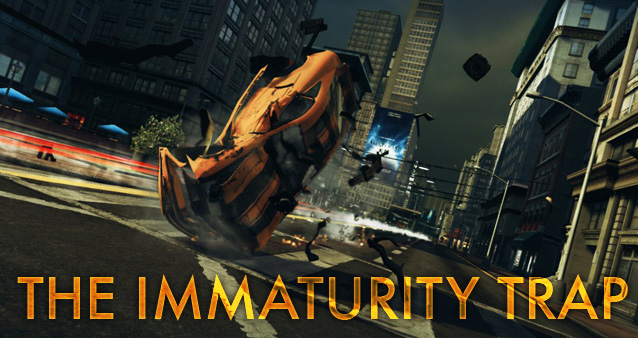
A few days ago, Stephen Totilo of Kotaku posted an article about how young, aspiring game designers decide on leaving the industry almost immediately after joining. He quotes Jade Redmond, who we all remember as being the lead producer on the original Assassin’s Creed, being afraid of the next, upcoming generation coming to think of videogames as a stupid pastime.
The gist of the article is that videogames are stuck in a bad place—where the economy side of the industry on the one side, and the homogeneity of the developers on the other side end up working together keeping videogames ‘dumbed down’ as it is, churning out adolescent male power fantasy after adolescent male power fantasy.
It’s a problem I’ve been writing about a lot—videogames, at least the big titles, have little else but Michael Bay style summer blockbusters. There is no middle ground, few titles with true artistic merit beyond pretty art direction. At the end of the day too many games revolve around shooting or stabbing people in the face. Due to the production costs and the risk aversions of the big publishers, there are few games breaking the mold of being about killing people endlessly. Even those games that are not necessarily all about that, like LA Noire, get parts added that eventually are all about killing people endlessly.
Essentially, gaming is at a point where, if we were to compare it with literary fiction, it’s as if there was no fiction in literature but young adult fiction.But that is not the only problem. Essentially, gaming is at a point where, if we were to compare it with literary fiction, it’s as if there was no fiction in literature but young adult fiction. Essentially. There are no games that deal with bigger topics, themes and subject matters. Not in the big leagues anyway. Videogames are caught in a perpetual immaturity trap. We can do cinematic hollywoodstuff pretty well. But it seems the whole of gaming is either not ready or not willing to do anything but. As I said above, part of that problem is the risk aversion of the big publishers. Shooting people in the face endlessly is a formula that has been proven to sell well. Formulas that don’t indulge in that don’t.
And then there’s the also perpetual lack of political statement. There are tons and tons of military wargames. But you’d be hard pressed to find one that’s essentially really questioning the whole ‘war’ thing. It’s all honor glory semper fi brouhaha. It seems like nobody in the industry is honestly interested in critical thinking there. Or nobody thinks that a critical wargame would sell well. It’s all about ‘FOLLOW’ and ‘SHOOT THESE GUYS’—there’s no room for questioning why these horrible acts performed are necessary. And the argument that a good soldier wouldn’t question these acts either doesn’t fly, since videogames are a medium that’s not bound by anything to produce only simulations. Just as film isn’t bound by anything to produce only documentaries.
As Totilo states, it might also be a problem of the developers. Small teams of overwhelmingly male people who aren’t necessarily interested in delivering something with a message, but more interested in pushing polygon counts and awesome headshot experiences. Dear developers, I’m not saying all of you are like that. But when taking a glance at the market, it’s an impression that’s not too hard to get away with.
A game that’s mostly about killing people can still have a message. Just look at Far Cry 2.I’ve written about the whole ‘killing people is too often the main activity in video games’ problem before. This here goes beyond that. It’s not just that. A game that’s mostly about killing people can still have a message. Just look at Far Cry 2. But too many games don’t even try. The worst part, the bigger they are, usually, the less message, the less critical thinking and the more bells, whistles and shiny effects there are.
At this point this has grown into a vicious cycle. Videogames have bred an audience that probably wouldn’t even care. Worse, videogames have shied away most of the people that actually would care about a game version of The Hurt Locker or Apocalypse Now! to stay with the war theme for convenience’s sake. Most of the more critical thinking, intellectual people I know scoff at videogames for being stupid, immature entertainment - and for the most part these people are right. Personally, I am more and more put off by the immaturity trap myself. Videogames lack a healthy middle ground, while the blockbusters and young adult fiction segment is grotesquely overblown and overrepresented.
How can this be changed though? What can we as gamers do? Petition better games? Maybe a start would be—as I often preach—to vote with the wallet and opt out of the immaturity trap. Even if Super Military Brothers 5—that latest shooter based on Explosionfacetech 6—looks oh so sweet and tempting, why just, you know, NOT buy it. It might seem like it doesn’t make much of a difference, just like avoiding the latest Michael Bay schlock seems not to make a difference since the unwashed masses flock to it like flies.
We have to make a start somewhere. Maybe buy some indiegames instead? This is a question, not a statement. I’m not sure if the indie scene can rescue videogames as a whole, but there, in that particular niche, there are possibilities to escape the immaturity trap one game at a time. For a number of reasons.
Indie games don’t have the publishers breathing down their necks, demanding products for the lowest common denominator. Demanding whitewashed games, that lack any kind of message since somebody somewhere might find that offensive. But as a broad popcultural phenomenon indiegames aren’t big enough yet to rescue the whole medium. If, as Totilo and Redmond fear, the next generation decides that videogames are not a worthy pastime, all the indiegames in the world won’t change that, simply because indiegames aren’t videogames in the eyes of the non-gaming populace. Access to indiegames is a lot harder, and usually only those people who are into videogames to begin with have the knowledge of the whole indie scene and the things happening there.
How to get games out of the immaturity trap? I don’t know. I know how I personally will try to act on certain principles, but in the bigger picture, I have no immediate answer. I guess there is one that doesn’t essentially say ‘pick up another hobby if you want meaningful entertainment!’. At least, I hope there is.

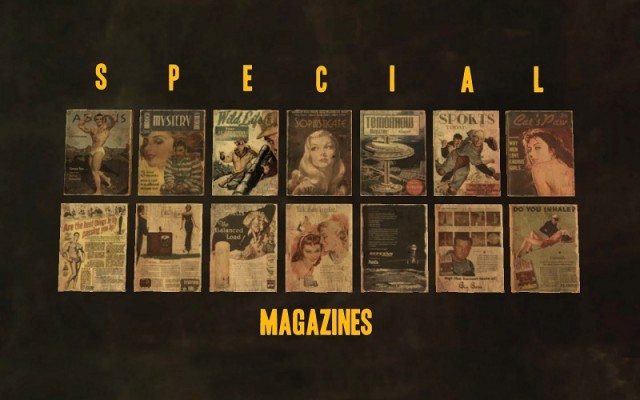
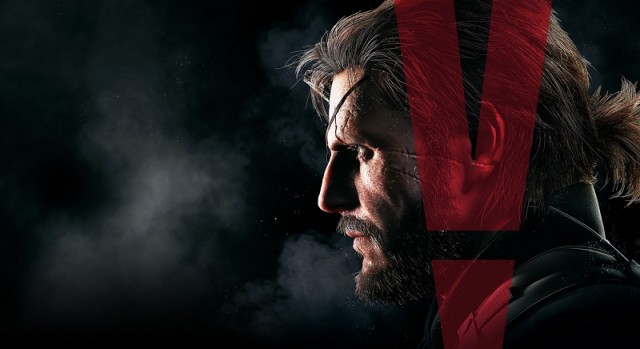
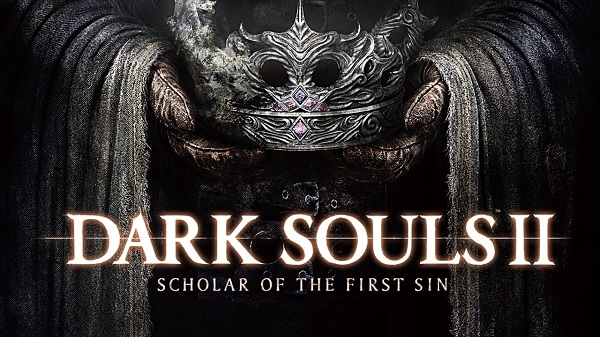
 Watch Dogs walkthrough guide: Bottom of the Eighth
Watch Dogs walkthrough guide: Bottom of the Eighth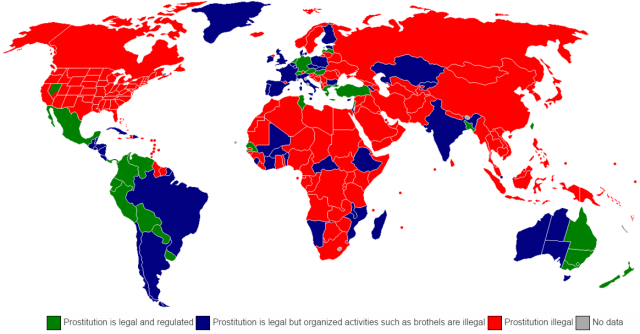 5 Times Drones Have Breached Personal Privacy
5 Times Drones Have Breached Personal Privacy The Indispensible Dragon Age: Inquisition Gameplay Guide
The Indispensible Dragon Age: Inquisition Gameplay Guide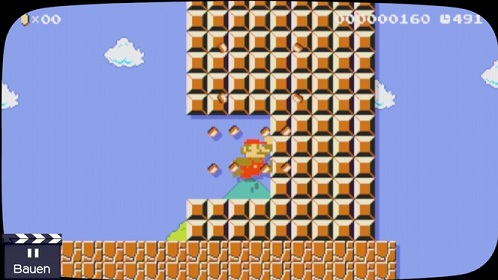 Super Mario Maker: List of all Amiibos
Super Mario Maker: List of all Amiibos Fable 3 Guide
Fable 3 Guide